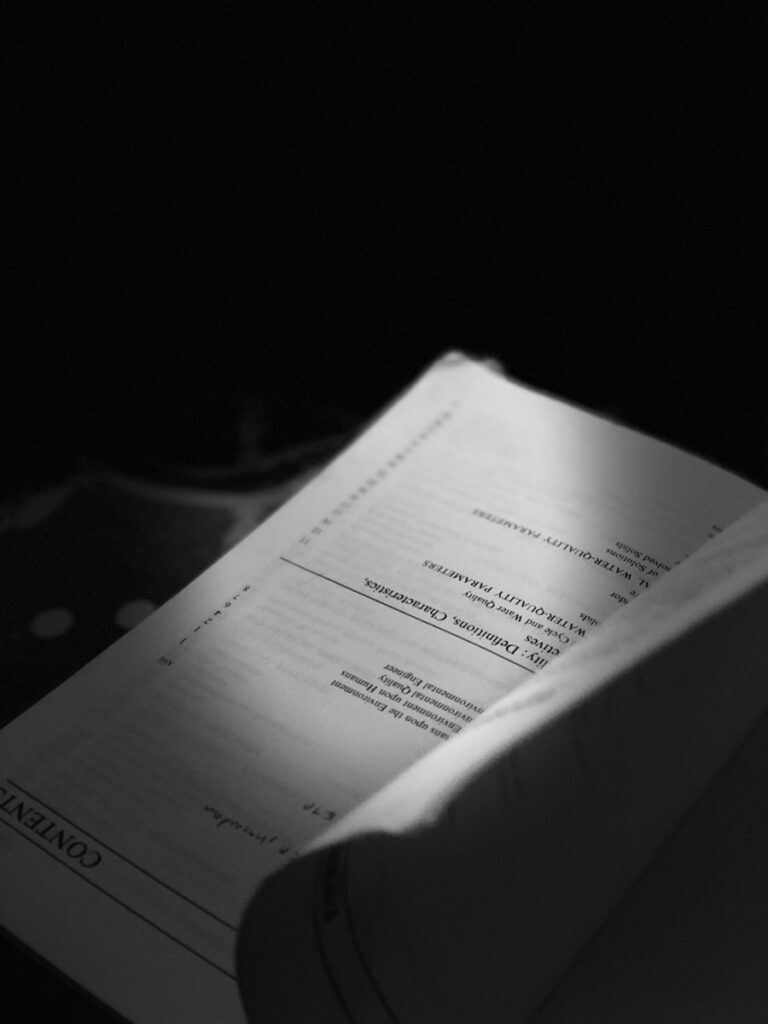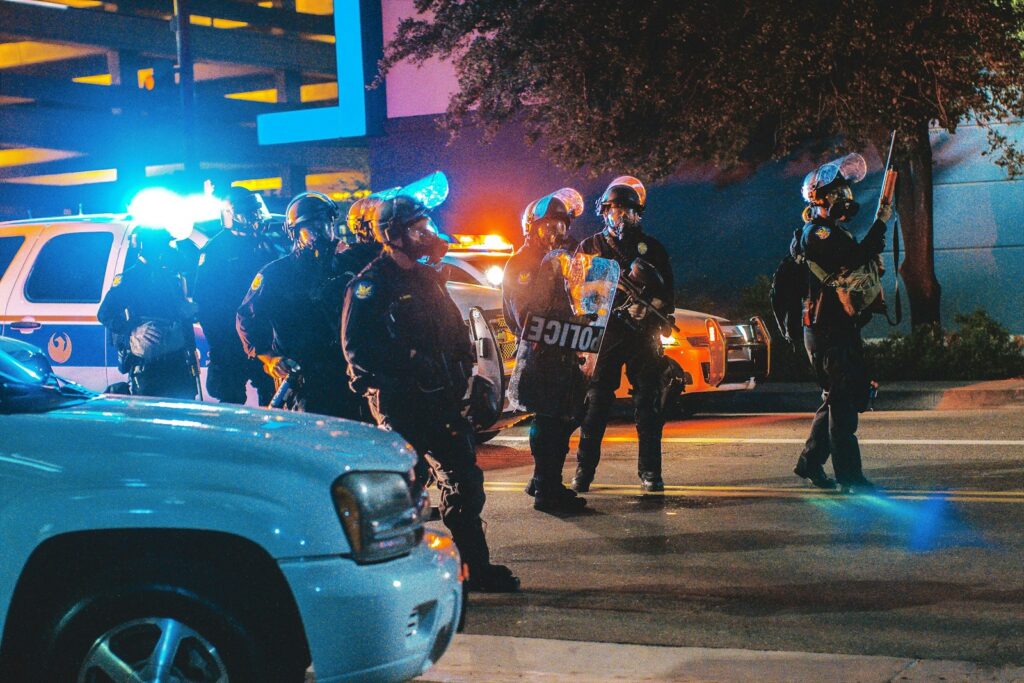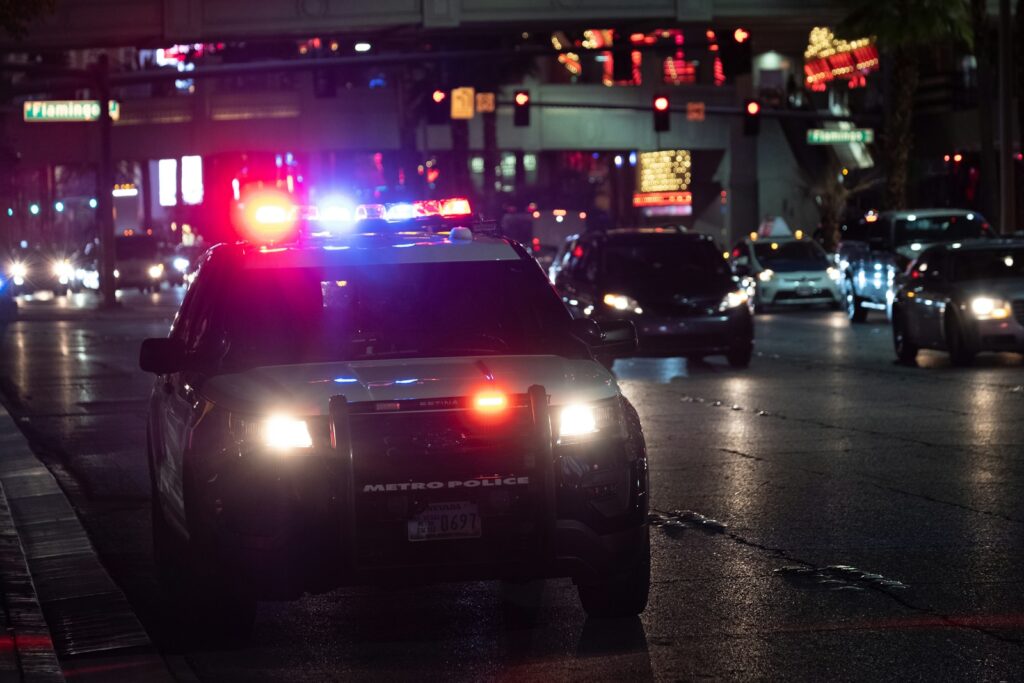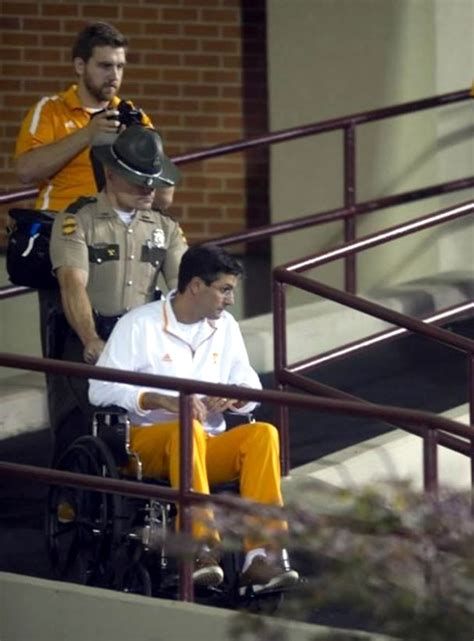
The city of New York recently mourned the passing of Joseph Herbert, a former New York City police detective whose illustrious career spanned nearly four decades, leaving an indelible mark on law enforcement. Mr. Herbert, who died on September 30 at his home in Rockaway Beach, Queens, at the age of 68, was a figure synonymous with sharp investigative prowess and an unwavering commitment to justice. His legacy, highlighted by his instrumental role in cracking the perplexing copycat Zodiac serial killer case, resonates deeply within the annals of the NYPD and beyond.
Through his remarkable journey, Mr. Herbert exemplified the highest ideals of public service, transforming challenging cases into triumphs of meticulous deduction and sheer perseverance. From the bustling streets of Brooklyn where he first cut his teeth as an officer, to the strategic command centers of the Joint Terrorism Task Force, his path was defined by a series of extraordinary achievements. He was not merely a detective but a logician, a strategist, and a natural leader whose contributions extended far past the precinct walls.
This article delves into the multifaceted career of Joseph Herbert, exploring the pivotal moments and defining characteristics that shaped him into the legendary figure he became. We will uncover the intricate details of his most celebrated case, trace his ascent through the department’s ranks, and illuminate the unique qualities that made him a “star” investigator, as he was fondly remembered by former Police Commissioner Raymond W. Kelly. His story is a testament to the power of dedication, the sharpness of a keen mind, and the profound impact one individual can have on the safety and security of an entire city.

1. **The Copycat Zodiac Killer Case**The hunt for the copycat Zodiac killer, later identified as Heriberto Seda, cast a dark shadow over New York City in the early 1990s. Between 1990 and 1993, Seda terrorized Brooklyn residents, claiming the lives of three individuals and wounding five others with a zip gun. His actions eerily mimicked the infamous Zodiac killer who had plagued Northern California decades earlier, injecting fear and confusion into the city.
Seda, much like his chilling predecessor, actively taunted authorities and the public, dispatching letters to the police, The New York Post, and even the CBS news program “60 Minutes.” In these disturbing communications, he brazenly declared his intention to kill one person for each of the 12 signs of the Zodiac. His audacious correspondence included specific symbols and ominous notes, creating a profound sense of dread across the metropolis.
Joseph Herbert became deeply immersed in this confounding investigation, initially serving on the first task force established to apprehend the killer. He later joined a second task force created in 1994, leading a painstaking effort to compile a comprehensive list of individuals arrested within a specific four-square-mile area. Despite these exhaustive efforts and the meticulous work to match fingerprints, the task force was ultimately disbanded in 1995, leaving the case unresolved. However, Mr. Herbert’s unwavering commitment and intimate familiarity with the details would prove critical in its stunning resolution.
Read more about: The 15 Films That Could Terrify Even Hannibal Lecter

2. **The Fortuitous Twist: Hostage Negotiation**The breakthrough in the Zodiac case arrived unexpectedly, stemming from a seemingly unrelated incident where Joseph Herbert’s diverse skills converged at a critical moment. In June 1996, a shooting incident unfolded at an apartment building in Brooklyn, drawing Herbert to the scene. This situation provided the “lucky twist” that former Police Commissioner Raymond W. Kelly later alluded to, setting the stage for one of Herbert’s most remarkable achievements.
Upon his arrival, Mr. Herbert found himself in the midst of a volatile hostage situation. Heriberto Seda, the very individual he had pursued for years, had exchanged gunfire with police officers, shot his half sister in the buttocks, and was holding her boyfriend hostage inside a third-floor apartment. Demonstrating extraordinary bravery, Herbert entered through a window and scaled the building to engage with the barricaded suspect, leveraging specialized training he had received.
Having previously taken a hostage negotiating course, Herbert immediately put his skills to use. For two intense hours, he engaged Mr. Seda through the apartment door, employing careful communication and psychological tactics to de-escalate the perilous standoff. His calm demeanor and persistent efforts ultimately paid off, as he successfully persuaded Seda to surrender, release his captive, and relinquish a cache of zip guns used in his heinous crimes.
The crucial turning point occurred when Mr. Seda wrote a confession, admitting to shooting his half sister, during his interrogation. As Herbert reviewed the document, a profound recognition washed over him. He observed a symbol — an upside-down cross, a circle, and three 7s — that bore striking similarities to motifs found in the Zodiac letters. Furthermore, the shapes of certain letters and a distinctive habit of underlining words in the confession mirrored those in the serial killer’s earlier taunts, triggering an immediate and visceral reaction in the seasoned detective. “My blood pressure went down 50 points. I recognized the handwriting immediately as being that from the letters I had been studying for the last few years of the Zodiac case,” Herbert recounted in his unpublished autobiography, “NYPD Proud.” This singular moment of insight, born from years of dedicated study, definitively linked Seda to the copycat Zodiac killings.

3. **Early Career and the Medal of Valor**Joseph Herbert’s career in the New York City Police Department began in 1981 at the age of 23, inspired by his brother John, a homicide detective. Despite earlier working at a sugar refinery and later earning his high school equivalency diploma, Herbert quickly demonstrated a natural aptitude for police work. His early assignments in Crown Heights, Brooklyn, a challenging environment, quickly distinguished him.
Former Chief of Detectives Robert Boyce noted Herbert’s “sharply honed instincts” and “spider-like senses,” describing his ability to “sense it before he saw it.” This innate talent made him a “magnet for crime,” often finding himself at the epicenter of unfolding events. From 1983 to 1984 alone, he responded to an astonishing 129 gun calls, showcasing his courage and readiness to confront dangerous situations head-on.
His early years were marked by significant arrests, including apprehending the killers of off-duty officer Angelo Brown and a rapist responsible for numerous attacks. In 1985, his exceptional bravery culminated in the department’s prestigious Medal of Valor. This honor was awarded for his decisive action in shooting and killing a man who had stabbed his partner, Dennis Schwab, in the face, underscoring his selflessness and unwavering commitment to his fellow officers.
Read more about: Prince Harry at a Crossroads: Unpacking the Royal Return, Marriage Tensions, and Search for Purpose

4. **Rise Through the Ranks**Joseph Herbert’s ascent through the ranks of the NYPD was a testament to his exceptional talent, tireless work ethic, and consistent demonstration of leadership. After proving his mettle as a patrol officer in some of Brooklyn’s toughest precincts, his dedication and effectiveness were formally recognized when he was promoted to detective in 1986, just five years after joining the department. This rapid progression underscored his innate ability to solve complex cases and navigate challenging investigative landscapes.
As a detective, Herbert continued to excel, earning the respect of his peers and superiors alike for his methodical yet creative approach to police work. He was known for his willingness to “burrow through mounds of paper,” a necessary but often tedious aspect of many cases, yet one he tackled with characteristic diligence. His reputation as a keen investigator grew steadily, establishing him as a go-to figure for intricate and demanding assignments.
His leadership qualities did not go unnoticed, leading to further promotions. He rose to the rank of detective squad commander of the 75th Precinct in Brooklyn, a role where he displayed innovative thinking. Here, he took the novel step of collaborating closely with prosecutors, employing federal racketeering law to strategically reduce crime within his precinct. This proactive and forward-thinking approach highlighted his commitment not just to reacting to crime, but to fundamentally disrupting its patterns.
Ultimately, Joseph Herbert was promoted to Deputy Chief of the department, a pinnacle of achievement within the NYPD. This was a rank he humbly admitted he “had never imagined he would achieve,” revealing his modest nature despite his extraordinary accomplishments. His journey from an entry-level officer to a commanding officer of such high stature exemplifies a career built on merit, dedication, and an unyielding pursuit of justice, culminating in a well-deserved recognition of his unparalleled contributions.
Read more about: What Really Happened? The Enduring Mystery Surrounding Malcolm X’s Assassination in 1965

5. **A Detective’s Mindset: Methodical and Instinctive**Joseph Herbert’s effectiveness as a detective stemmed from a unique and powerful combination of rigorous methodology and an almost uncanny instinct. Colleagues consistently lauded his “creative, methodical work,” a descriptor that perfectly encapsulates his balanced approach to investigation. He possessed the patience and discipline to meticulously pore over evidence, compiling facts and details with unwavering precision, a fundamental quality for any successful detective.
This methodical nature was powerfully complemented by an extraordinary intuitive sense, often described in almost legendary terms. Former Chief of Detectives Robert Boyce vividly recalled Herbert’s “sharply honed instincts” and “spider-like senses,” which seemed to “vibrate the same frequency as trouble was about to begin.” This innate ability allowed him to anticipate events and understand criminal patterns in a way few others could, providing him a critical edge.
His blend of logic and intuition was particularly evident in the copycat Zodiac case. While he led a painstaking, data-driven effort, it was his immediate, almost visceral reaction to Heriberto Seda’s handwriting during a hostage negotiation that ultimately broke the case. This pivotal moment illustrates how his deep, methodical immersion in case details fused with an intuitive spark, leading to an instant, undeniable recognition, defining his unique investigative prowess.

6. **The “Logician” and Data Mastery**Joseph Herbert’s reputation as a “logician” transcended mere intellect; it reflected his profound ability to master and interpret complex data within police operations. His prowess was notably evident in CompStat meetings, intensive analytical sessions where crime statistics and strategies were meticulously reviewed. Here, his “comprehensive memory” was truly legendary and widely respected.
As James Waters, a former counterterrorism chief, recalled, Herbert meticulously remembered “every victim’s name,” “the circumstances of the crime,” “the ballistics information,” and “the connectivity to other crimes.” This remarkable recall showcased his deep understanding of how individual pieces of information interconnected, forming a larger, coherent picture of criminal activity. He possessed “that kind of mind,” capable of synthesizing vast amounts of data.
Former Chief of Detectives Robert Boyce further emphasized Herbert’s analytical authority, noting, “Joe’s command of crime conditions and criminals was unrivaled in our department.” His insights were so authoritative and reliable that “His word at Compstat was considered gospel.” This profound trust was built on years of accurate analysis, precise reporting, and an unparalleled grasp of intricate case details, solidifying his image as an intellectual leader within the police force.

7. **National Security Leadership and Post-9/11 Service**Following the profound tragedy of September 11, 2001, Joseph Herbert transitioned his considerable investigative talents from local crime-fighting to the critical arena of national security, joining the Joint Terrorism Task Force (JTTF). This strategic shift underscored his adaptability and commitment to protecting the nation on a broader scale. In this vital role, he was instrumental in overseeing complex cases that involved threats not only to New York City but also to the United States as a whole, demonstrating an expanded scope of responsibility.
His expertise was quickly recognized at the highest levels, leading to his deployment to Washington, D.C., where he was tasked with analyzing classified data at the National Counterterrorism Center. This assignment placed him at the heart of intelligence operations, leveraging his proven analytical skills and comprehensive memory to contribute to critical national defense efforts. His contributions were vital in piecing together intricate intelligence puzzles, often under immense pressure.
In 2009, Herbert was entrusted with a top position within the police department’s intelligence division, an appointment that came after a significant breach in the investigation of a potential Al Qaeda bomb plot. This demonstrated the immense trust placed in his judgment and capabilities, particularly in rectifying and strengthening security protocols following such sensitive incidents. His presence brought stability and renewed rigor to the intelligence operations, ensuring that the city’s defenses remained robust.
His ascent within the national security framework continued, culminating in his designation as the commanding officer for the police department’s contingent within the Joint Terrorism Task Force in 2014. This position solidified his standing as a key figure in counterterrorism efforts, showcasing a career trajectory marked by continuous growth and an unwavering dedication to safeguarding public safety, from the streets of Brooklyn to the global stage of counterterrorism.
Read more about: United States Immigration and Customs Enforcement: An Overview of Mission, Structure, and Evolution

8. **Congressional Advisory Role and Strategic Acumen**Beyond his direct operational roles within law enforcement, Joseph Herbert’s profound expertise and strategic mind were sought after by legislative bodies, leading him to serve as an adviser to the House Committee on Homeland Security from 2011 to 2013. This appointment placed him in a unique position to influence national policy and strategy regarding domestic security, offering his ground-level insights to congressional leaders grappling with complex threats. His involvement bridged the gap between practical policing and legislative action, ensuring that policy was informed by real-world experience.
During his tenure on the committee, Mr. Herbert, despite his typically unassuming demeanor, made an indelible impression on his colleagues, including former Republican congressman Peter T. King, who led the committee. Mr. King recalled that even among seasoned professionals from agencies like the C.I.A. and F.B.I., Herbert “in his quiet way, Joe took it over.” This observation speaks volumes about his authoritative presence and the respect he commanded, stemming not from overt displays of ego, but from the sheer depth and clarity of his understanding.
Mr. King further illuminated Herbert’s distinctive intellectual approach, noting, “He had an an instinctive way to cut though B.S. and piece things together.” This remarkable ability highlighted his capacity to distill complex, often convoluted, information into actionable intelligence, a skill invaluable in the high-stakes environment of national security. His innate talent for discerning truth amid noise allowed the committee to make more informed decisions, solidifying his reputation as a trusted and insightful strategic adviser.
Read more about: Maurice Tempelsman: A Diamond Baron’s Life of Power, Love, and Enduring Influence — From Refugee to Jackie Onassis’s Partner

9. **A Legacy of Humility and Professionalism**Throughout his illustrious career, Joseph Herbert was consistently lauded not only for his exceptional achievements but also for his profound humility and unwavering professionalism. In a field often characterized by significant egos, Herbert stood apart. Robert Masters, a former assistant district attorney in Queens who worked closely with him, succinctly captured this quality: “Those squad rooms are full of big egos, but that wasn’t him. There wasn’t the slightest bit of dramatics about him. He was always working the case; he was a logician.” This testimony underlines his focus on the task at hand rather than personal aggrandizement.
Former Chief of Detectives Robert Boyce echoed this sentiment, remembering Herbert as “a wonderful man with little ego and a great colleague.” This perspective highlights the respect and affection he garnered from his peers and superiors alike, underscoring a character built on genuine collaborative spirit rather than competitive posturing. His quiet effectiveness inspired confidence and cooperation, fostering an environment where intricate cases could be meticulously pursued.
His modesty was further evident in his own reflection on his career advancement; he humbly admitted to having “never imagined he would achieve” the rank of Deputy Chief. For Herbert, the driving ambition was simply “to be a detective, like my brother,” a statement that reveals a deep-seated commitment to the craft of investigation over hierarchical aspirations. Retired homicide Detective Louie Savarese encapsulated the profound admiration felt by those who worked under him, proclaiming, “He was the best boss I ever worked for and the sharpest detective I ever met,” and emphasizing that “He lived and breathed the job, and the only thing he loved more than the NYPD was his wife, Barbara, and his daughter, Kristen.”
His obituary profoundly summarized his essence, stating, “He brought calm to every room, met challenges with sharp wit, stood by friends with loyalty, and lived each day with love and integrity.” This holistic depiction paints a portrait of a man whose professional excellence was inextricably linked to his moral compass and personal virtues. Joseph Herbert’s legacy is thus defined by a rare combination of outstanding competence and an enduring, understated humanity, making his contributions all the more remarkable.
Read more about: Joyce Randolph, the Last Honeymooners Star, Dies at 99: Recalling Trixie Norton and Television’s Enduring Legacy

10. **Family, Inspiration, and Personal Endeavors**Joseph Michael Herbert’s personal journey was as compelling as his professional one, rooted in a close-knit family and shaped by profound inspirations. Born on July 13, 1957, as one of eight children to John and Veronica Herbert, he hailed from a family dedicated to public service, with his father a New York City firefighter. It was his older brother, John, a homicide detective, who served as the primary catalyst for Herbert’s decision to join the police department in 1981, illustrating the deep familial ties and shared sense of purpose that guided his early career choices. Despite dropping out of Brooklyn Technical High School, his determination led him to later earn his high school equivalency diploma and, in 2001, a bachelor’s degree from Empire State University, showcasing his enduring commitment to self-improvement.
Central to his life was his cherished family, particularly his wife, Barbara (Smith) Herbert, a nurse, whose passing in July preceded his own death by mere months. This profound personal loss undoubtedly weighed heavily on him, highlighting the deep bond they shared. He was also a devoted father to his daughter, Kristin Herbert Piccirilli, and a loving grandfather to Mia Veronica, finding immense joy and solace in their presence. Their well-being and happiness were a constant source of motivation, providing a balance to the often-demanding realities of his demanding profession.
Even in retirement, Herbert maintained an active and engaged life, choosing to reside in Rockaway Beach. He channeled his experiences and insights into an autobiography, “NYPD Proud” (with Michael McKinley), embarking on a project to document his extraordinary career for posterity. Beyond his literary pursuits, he found pleasure in simpler joys, doting over his granddaughter and passionately following his beloved New York Rangers. These activities offered a glimpse into the private life of a man whose public persona was defined by duty, revealing a deeply human side animated by familial affection and personal interests.
His daughter, Kristin, eloquently captured his essence in her eulogy, painting a picture of a father who exemplified steadfast support and a disarming sense of humor. She fondly recalled him driving her and her friends into Manhattan and picking them up at 3 a.m. to spare them a subway ride, and working tirelessly to enable her to attend her dream school, Villanova. Kristin further remembered him as capable of making “everyone burst into laughter with one of his wildly inappropriate self-deprecating jokes,” defining him as “our rock, our moral compass and the most humble man I’ve ever known,” affirming the profound and multifaceted impact he had on his family.
Read more about: Beyond the Spotlight: Unveiling the Enduring Realities of Country Music’s Iconic Married Duos

11. **Resilience in the Face of Adversity**Joseph Herbert’s life was not without its profound personal challenges, yet his remarkable resilience and an indomitable spirit consistently shone through, particularly concerning his health. He grappled with diabetes, a condition that might have deterred a less dedicated individual from the rigors of an demanding career and an active retirement. Despite the significant demands of managing a chronic illness, Herbert’s commitment to his duties and his life remained unshaken, embodying a rarely seen level of perseverance.
Robert Boyce, his long-time friend and colleague, bore witness to this extraordinary resilience, recalling that Herbert “would go and get dialysis, and go right back to work.” This testimony underscores an unwavering dedication that transcended personal discomfort, revealing a man whose sense of responsibility propelled him forward even in the face of physical strain. Crucially, Boyce added, “He never complained,” painting a picture of quiet fortitude and an unwavering positive attitude, regardless of the personal burdens he carried.
His ability to confront such adversity head-on, coupled with what Boyce described as his “enormous energy,” further illustrates the depth of his character. This strength allowed him to maintain a high level of performance throughout his lengthy career and to embrace retirement with enthusiasm, continuing to engage in meaningful personal projects and cherishing time with his family. His journey serves as a powerful testament to the human spirit’s capacity to endure and thrive even when confronted with significant obstacles, converting personal struggles into silent triumphs of will.
Read more about: The Untouchable Narratives: Why Hollywood Directors Are Obsessed with ‘Unfilmable’ Books and the Masterpieces Born from the Challenge
Ultimately, Joseph Herbert’s life was a masterclass in living with courage, humility, integrity, and love, as his daughter Kristin so aptly stated. His passing leaves an irreplaceable void in the hearts of his family, friends, and the entire law enforcement community, but his legacy of unwavering dedication, sharp intellect, and profound human decency will continue to inspire. He was a beacon of public service whose quiet strength and extraordinary achievements irrevocably shaped the safety and security of New York City and beyond, forever enshrined as a true hero.




